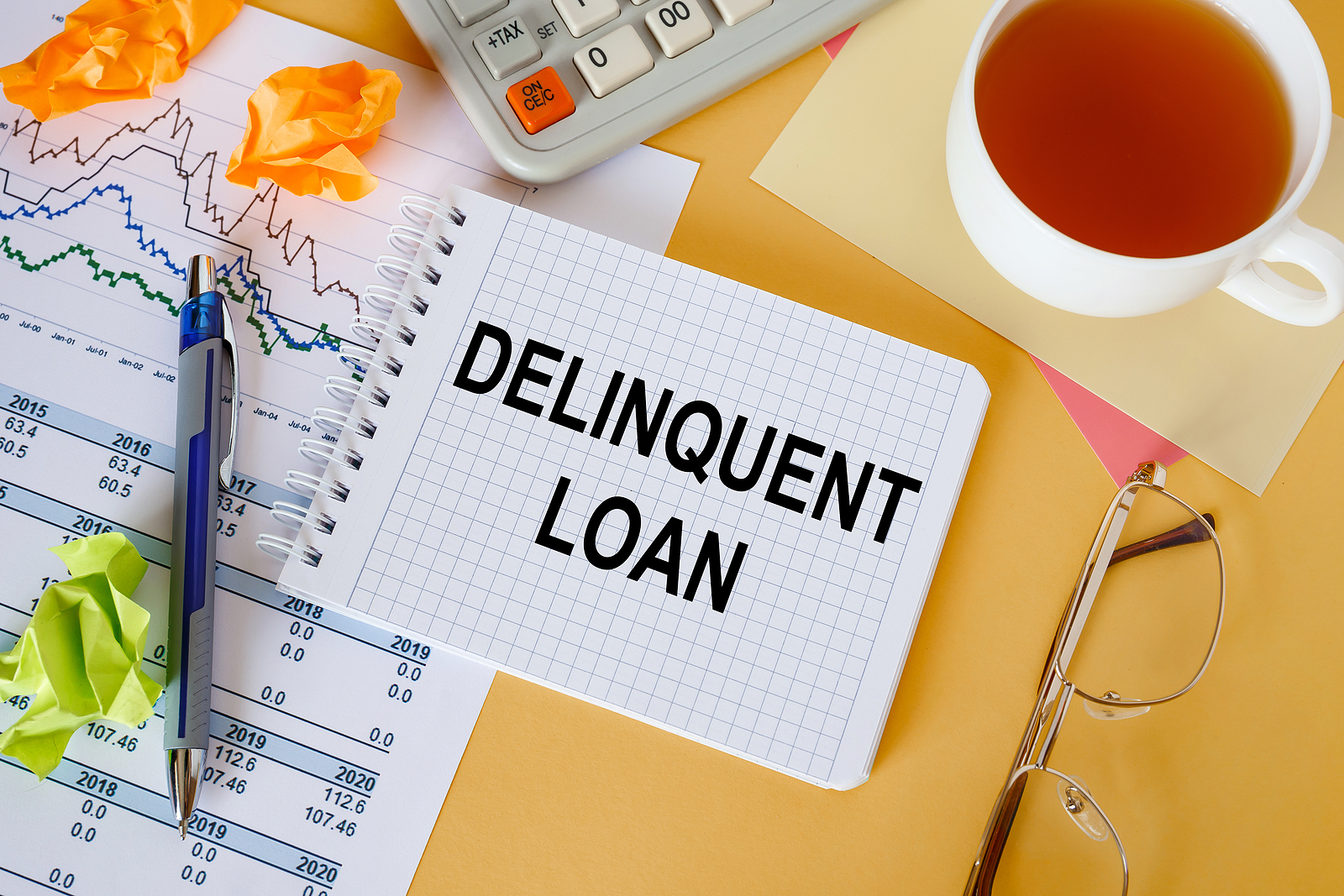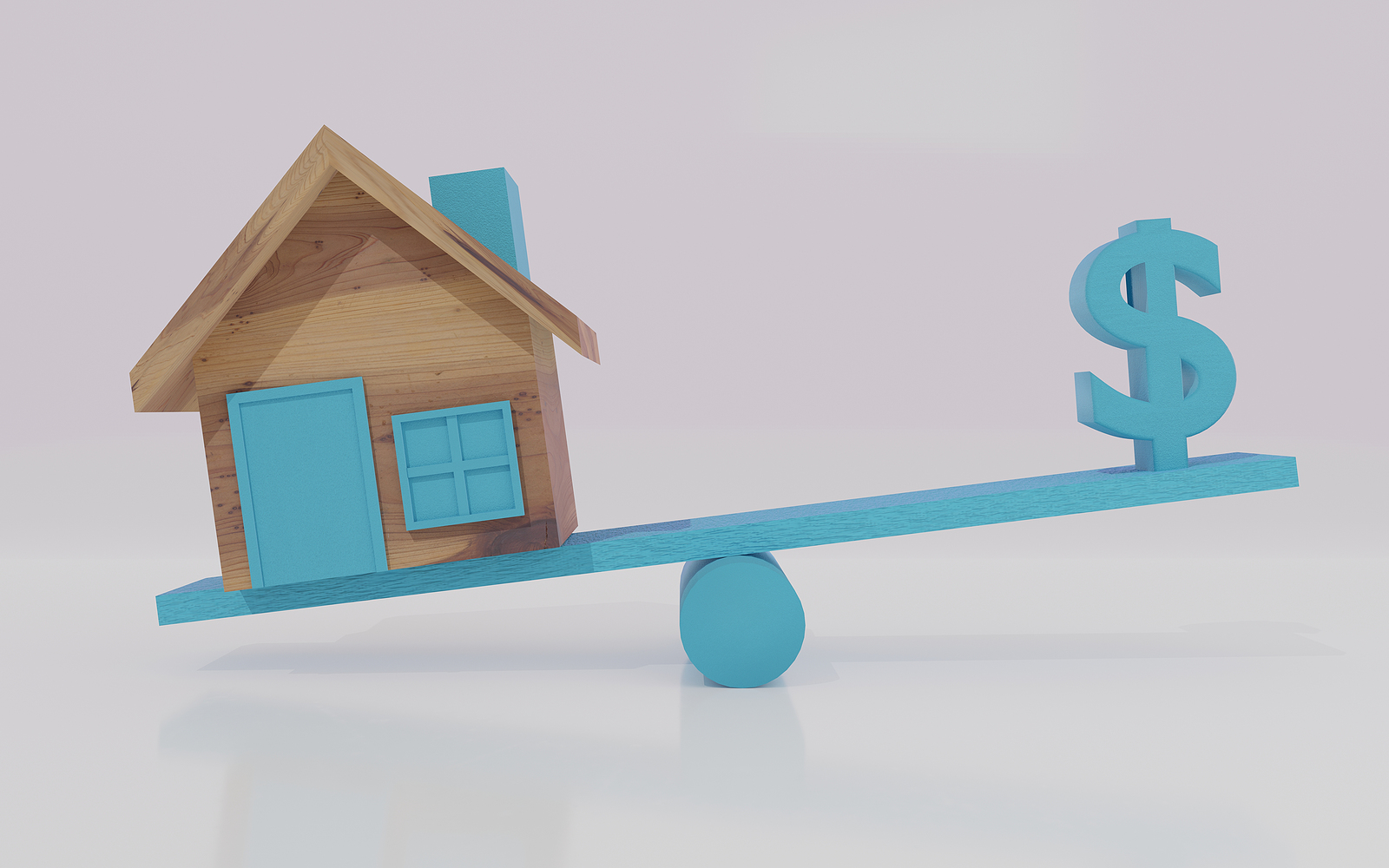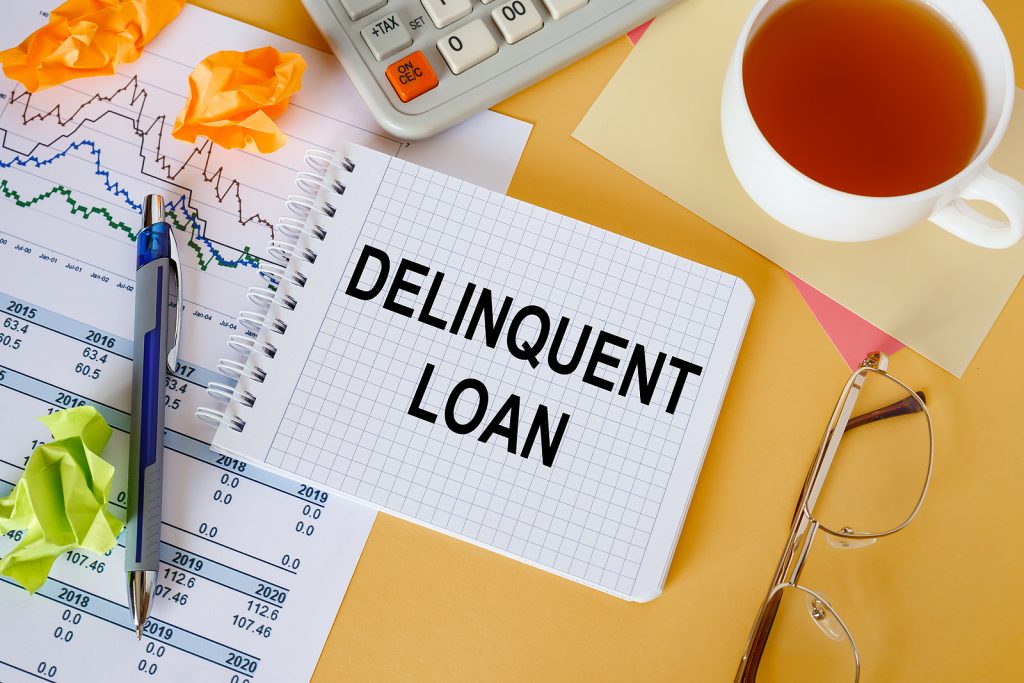
Have you taken a mortgage to buy your home? Are you suspecting that you might not be able to make the scheduled payments on time? If your answer to both of these is “Yes”, you must know about delinquent mortgages and how they can impact you.
In this post, we’re going to take a closer look at both of these. It’d help you make the right plan depending on your situation.
What’s a delinquent mortgage?
At the time of taking the mortgage, you must have agreed to two conditions. First, your property remains as collateral for the loan, and second, you’ll continue making timely mortgage payments throughout the duration of the loan. Now, if you fail to make the required payments on time, the mortgage you’ve taken becomes delinquent.
Many homeowners think that a delinquent mortgage typically leads to foreclosure. However, in reality, lenders think of starting foreclosure proceedings as their last resort because it’s a lengthy, expensive, and structured process.
And for homeowners, there’re several ways to avoid a foreclosure. Perhaps the most effective one is to convince the lender for a short sale. Here, you sell the property to a company that says “we buy houses in NJ” or to any third party by advertising something like “I want to sell my house in NJ”, if your home is in New Jersey.
You can learn more about short sales and other options available in the event of a delinquent mortgage in the “What to Do If You Become Mortgage Delinquent?” post.

Effects of a delinquent mortgage on the borrower
Here’re the brief details of the three common consequences you might have to face when your mortgage becomes delinquent.
- Late fees: According to the promissory note you’ve signed at the time of taking out the loan, you need to make a mortgage repayment by a certain date of each month. Most promissory notes also include a grace period for making the payment. If you don’t make the payment before the grace period expires, the lender assesses a late fee. Its amount depends on the terms of your mortgage and the lender.
- Negative impact on the credit score: Like any of your unpaid debts, a delinquent mortgage will hurt your credit score. Once your extension period is over, the lender will report your delinquency to the three major credit bureaus: Equifax, Experian, and TransUnion. The credit bureaus then list your delinquency on your credit report. The longer your delinquency remains and the more mortgage payments you miss, the greater the negative effect on your credit score.
- A breach letter: If you don’t make the payments for 90 days, you may receive a breach letter from your lender. Through this letter, the lender informs that your loan has become default prior to accelerating the loan. Usually, a breach letter comes with a 30-day notice period within which you must cure the default. If this time period expires and you don’t pay the entire past due amount mentioned in the breach letter or work another way out with the lender, it may begin foreclosure proceedings.
Ideally, whenever you realize that you’re going to miss mortgage payments for whatever reasons, you must promptly reach out to your lender and start exploring your available options.
Source: Bob Vieira, Universal Short Sales
https://universalshortsales.com/





